 I’ve been thinking a lot about Aesop’s Fables recently, and one fable in particular which was read to me as a child. I remember the pictures in the book and the story vividly:
I’ve been thinking a lot about Aesop’s Fables recently, and one fable in particular which was read to me as a child. I remember the pictures in the book and the story vividly:
“The Wind and the Sun were disputing which was the stronger. Suddenly they saw a traveller coming down the road, and the Sun said:
‘I see a way to decide our dispute. Whichever of us can cause that traveller to take off his cloak shall be regarded as the stronger. You begin.’
So the Sun retired behind a cloud, and the Wind began to blow as hard as it could upon the traveller. But the harder he blew the more closely did the traveller wrap his cloak round him, till at last, the Wind had to give up.
Then the Sun came out and shone in all his glory upon the traveller, who soon found it too hot to walk with his cloak on and took it off.”
I think there’s something intrinsic to human nature which makes us believe that the best way of bringing someone around to our way of thinking is through confrontation and force. Even though this rarely works, we persist in using this approach, probably because it looks like the most direct approach and therefore the most efficient means of achieving a favourable outcome.
However, as this fable teaches, gentleness, kindness and persuasion are often more effective tools than direct force. This is because when we try and force someone to do our will, that person will resist all the more. When we attack, that person will automatically get defensive and when we try to wrestle a belief away from someone, that person will usually only cling to it all the more.
The difficulty is that being “The Sun”, rather than the “The Wind”, is hard… Patience is required because results are often not immediately visible. When we feel someone has an incorrect opinion, our pride all too often gets in the way and we become harsh as we try to “fix” this person. Finally, treating someone with gentleness is often costly, particularly when we feel we have been wronged or treated badly. Yet, if we are seeking a beneficial and peaceful end, gentleness is what is required:
“A gentle answer turns away wrath, but a harsh word stirs up anger…The soothing tongue is a tree of life, but a perverse tongue crushes the spirit…” – Proverbs 15:1, 4
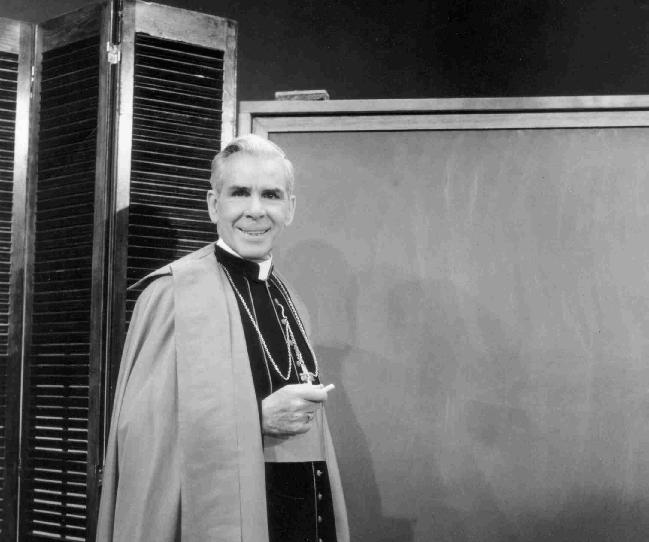 When musicians, artists and writers are interviewed, they are often asked about their influences.
When musicians, artists and writers are interviewed, they are often asked about their influences.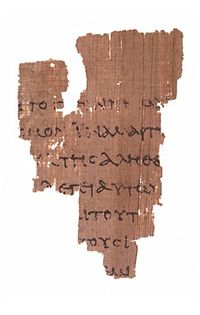 Okay, I know this title is an incredibly obvious pun (and far below my usual, high standards), but I thought I would make it now before anyone else did.
Okay, I know this title is an incredibly obvious pun (and far below my usual, high standards), but I thought I would make it now before anyone else did. 
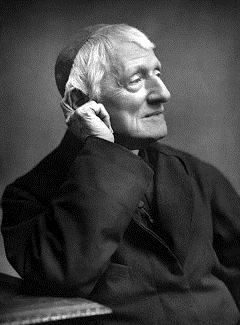 The other night I had a meeting with some of the Young Adult leaders in the Diocese. We shared dinner together and were offered a reflection by a Miles Christi priest.
The other night I had a meeting with some of the Young Adult leaders in the Diocese. We shared dinner together and were offered a reflection by a Miles Christi priest.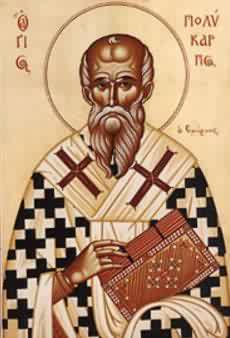
 Rather, his name means “much fruit”, an appropriate appellation for a man whose life was full of the fruit of one whose life was devoted to Jesus Christ:
Rather, his name means “much fruit”, an appropriate appellation for a man whose life was full of the fruit of one whose life was devoted to Jesus Christ: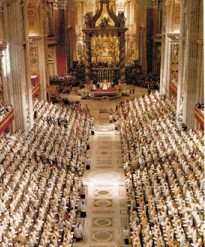
 I’ve been thinking a lot about Aesop’s Fables recently, and one fable in particular which was read to me as a child. I remember the pictures in the book and the story vividly:
I’ve been thinking a lot about Aesop’s Fables recently, and one fable in particular which was read to me as a child. I remember the pictures in the book and the story vividly: